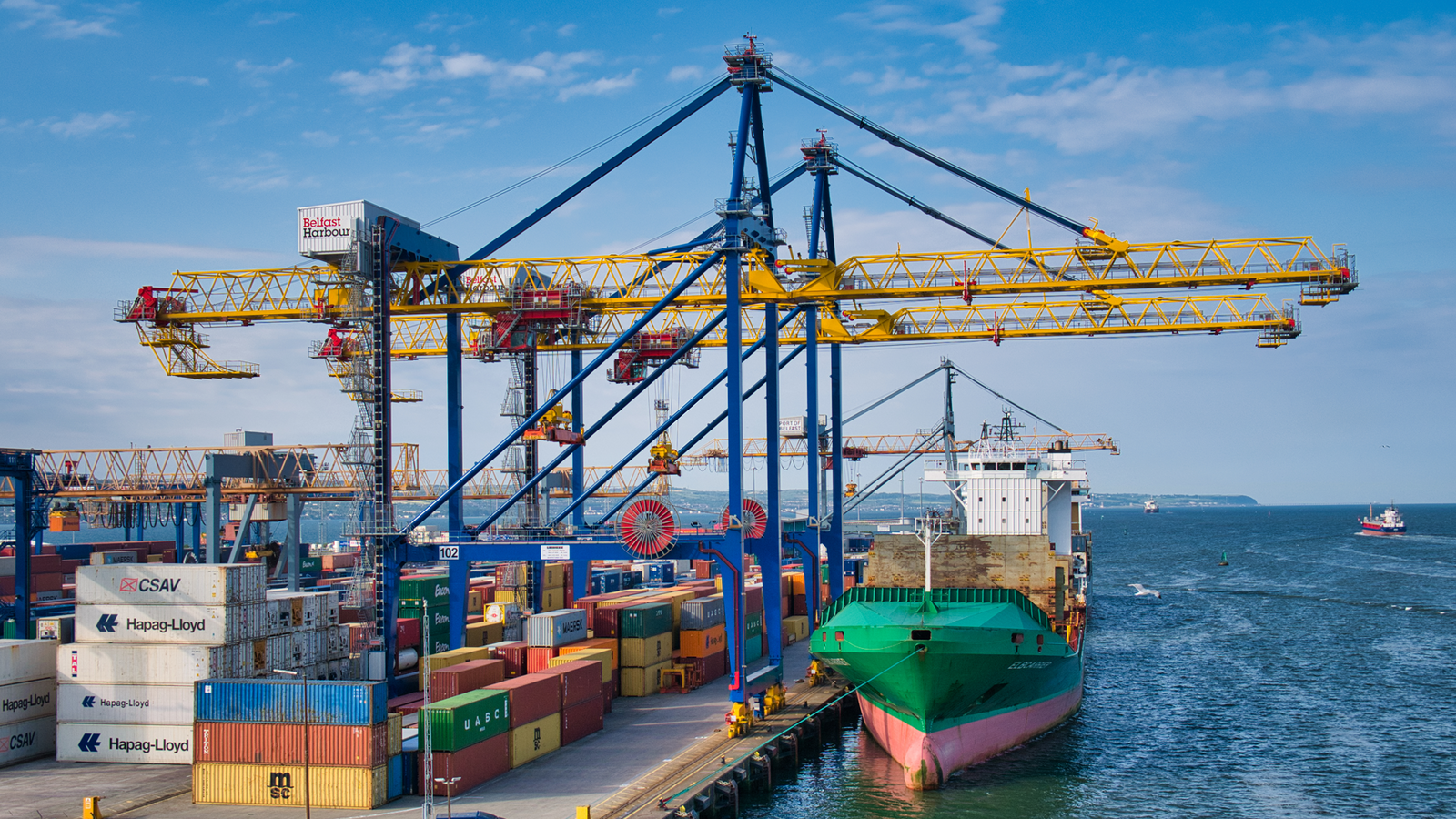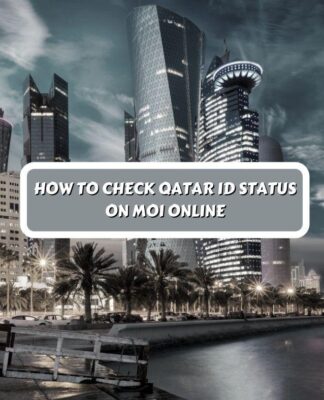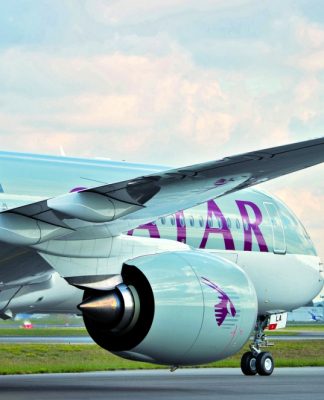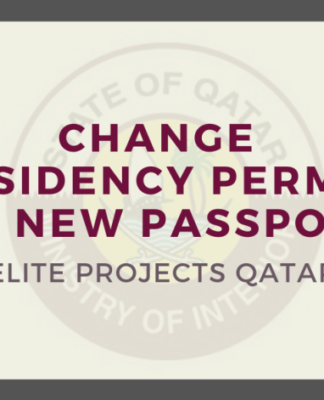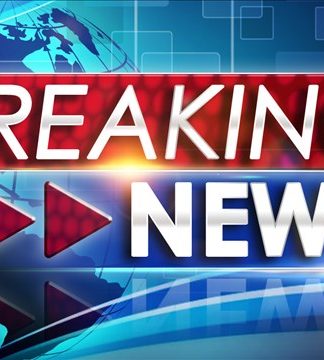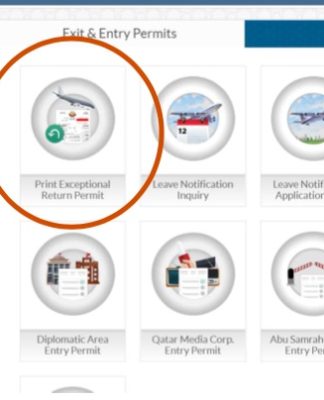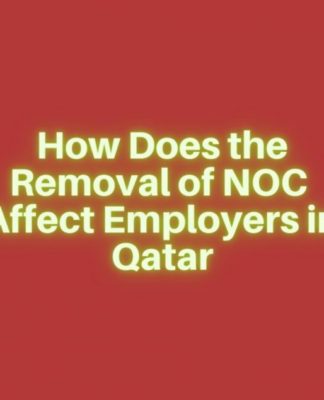Explainer
What is the Northern Ireland Protocol and why does it matter?
Negotiated as part of the Brexit deal with the EU, the protocol has turned out to be a big headache for both Northern Ireland and Westminster in recent years.
Alix Culbertson
Political reporter @alixculbertson
Friday 17 February 2023 13:48, UK
The protocol has seen checks on goods from the rest of the UK taking place in Northern Irish ports
Image:
The protocol has seen checks on goods from the rest of the UK taking place in Northern Irish ports
Why you can trust Sky News
The Northern Ireland Protocol has been at the heart of UK politics for the past few years.
Since the Brexit transition period ended on 31 December 2020, the protocol has been a point of friction between Westminster, Belfast and the EU.
In May 2022, Sinn Fein made history by becoming the first nationalist party to win the most seats in Northern Ireland Assembly elections, with the unionist DUP experiencing big losses.
The protocol was blamed for much of that turnaround in votes, with the DUP refusing to take part in government unless the protocol is abandoned or replaced, meaning there is no sitting government in Northern Ireland.
In a bid to break the impasse, a controversial bill put forward by Boris Johnson when he was prime minister which would have allowed the UK to change the protocol without the permission of the EU.
Since Rishi Sunak took over, relations have thawed slightly, with EU Commission President Ursula von der Leyen saying in January 2023 that she has a “very trusted and excellent relationship” with the PM and their teams are “working together to find solutions”.
On 16 February, Mr Sunak travelled to Northern Ireland to meet local leaders amid mounting speculation a deal is within reach.
What is the Northern Ireland Protocol?
The UK and EU agreed to put the protocol in place after Brexit to avoid a hard border on the island of Ireland.
Lorries can continue to cross the border from Northern Ireland into the Republic without having paperwork and goods checked – as they did when the UK was in the EU.
Read more:
Sinn Fein scores historic election win
Who is Sinn Fein’s Michelle O’Neill?
What is power sharing and why is it used in Northern Ireland?
Because Ireland remains in the EU, a new arrangement was needed to reflect the EU’s strict food rules and border checks.
The protocol states that Northern Ireland will remain part of the UK’s customs territory – so if the UK signs a free-trade deal with another country, Northern Irish goods would be included.
However, Northern Ireland has to stick to some EU rules to allow goods to move freely into the Republic and the rest of the EU.
Goods moving from Great Britain to Northern Ireland are not subject to a tariff unless they are “at risk” of being moved into the EU afterwards.
Do we need a new Northern Ireland protocol?3:35
Play Video – What is the Northern Ireland Protocol?
What is the Northern Ireland Protocol?
How does it work in practice?
Products from Great Britain entering Northern Ireland have had to undergo EU import procedures at the ports.
To carry out those checks, an Irish Sea border has effectively been imposed – which Boris Johnson promised would not happen.
This has resulted in delays and sometimes sparse supermarket shelves as some suppliers have decided to stop selling to Northern Ireland due to the new cost and difficulty.
There have also been problems with “medicines, on pets, on movements of live animals, on seeds, on plants and on many others”, former Brexit negotiator Lord Frost said last year.
Not all checks specified by the EU have been fully implemented, such as paperwork for supermarkets which was reduced during a temporary “grace period”.
However, those grace periods have been extended by the UK, which has resulted in a row with the EU as it says it is a breach of international law.
A breakthrough under Rishi Sunak?
Relations between the UK and the EU have become slightly more cordial since Mr Sunak became prime minister in October.
On 31 January 2023, The Times reported the EU has accepted a plan to avoid routine checks on goods going into Northern Ireland which will involve a green lane for goods from Great Britain that are staying in the region and a red lane to check and control products going on to Ireland and the rest of the EU.
However, a Foreign Office source suggested the report was speculative and officials were engaged in “intensive scoping talks” with Brussels.
Ms von der Leyen rubbished the claims and said “everything is negotiated at the very end” but they were “very constructive talks”.
On 16 February, Mr Sunak travelled to Belfast to meet Stormont leaders amid growing speculation that a Brexit deal is edging closer.
However, senior figures within the DUP and the European Research Group of the Tory party have warned that any deal must remove the oversight of the European Court of Justice (ECJ) in Northern Ireland as well as dealing with trading difficulties.
While it is understood the EU and UK are close to signing off a deal that would reduce protocol red tape on the movement of goods from Great Britain to Northern Ireland, there is no expectation that Brussels is willing to agree to end the application of EU law in the region.
The EU contends that a fundamental plank of the protocol – namely that Northern Ireland traders can sell freely into the European single market – is dependent on the operation of EU rules in the region.
What do the unionists think of the protocol?
All three unionist parties – the DUP, Ulster Unionist Party and Traditional Unionist Voice – are very much opposed as they argue the Irish Sea border threatens Northern Ireland’s place in the United Kingdom.
The DUP’s Paul Givan resigned as first minister over the matter in February 2022.
First Minister of Northern Ireland Paul Givan has announced he is resigning from his role.1:40
Play Video – NI First Minister Paul Givan resigns
2022: Paul Givan resigns as NI first minister
Current DUP leader Sir Jeffrey Donaldson said before the elections that his party would not re-enter the Stormont Executive – which requires the support of both nationalists and unionists to function – until Westminster acts to “protect Northern Ireland within the United Kingdom”.
The DUP has set out seven tests it says must be met before it supports any new deal on the protocol.
They include: no new checks on goods between GB and NI, compatibility with the Act of Union (all part of the UK should be on equal trade footing), avoiding any diversion of trade where NI customers have to switch to non-GB suppliers, no Irish Sea border, NI citizens to have a role in any new regulations that impact them, no new regulatory barriers between GB and NI unless agreed by NI Assembly, honouring the “letter and spirit” of NI’s constitutional position by requiring upfront consent of any diminution in constitutional status.
The party said it will only enter into a power-sharing government if other parties agree the protocol must be removed or replaced.
He has claimed the protocol has led to higher prices than in the rest of the UK, particularly for dairy products and chilled convenience foods.
What do nationalists think of the protocol?
The two main nationalist parties, Sinn Fein and the SDLP, back the protocol.
Sinn Fein is in favour of the protocol as it prevents a hard border on the island of Ireland, and they want the island to be one nation.
Sinn Fein Deputy Leader Michelle O'Neill reacts to her election in Mid Ulster at the Northern Ireland Assembly Election count centre at Meadowbank Sports arena in Magherafelt in Co County Londonderry. Picture date: Friday May 6, 2022.
Image:
Sinn Fein’s Michelle O’Neill celebrates gains during the election
Its vice-president Michelle O’Neill, who is set to become first minister if a power-sharing deal can be reached, said it is also a “mitigation against Brexit”.
With Sinn Fein becoming the largest party in Stormont, nationalist views are likely to be bolstered on either side of the Irish border which could mean further resistance to changes to the protocol.
Can Northern Irish parties do anything about the protocol?
The Assembly can vote on whether to continue with the protocol in 2024, but would require cross-community support to extend the deal by eight years.
With the unionists very much opposed, this seems unlikely at the moment.
However, a simple majority vote in favour could extend the arrangement for a minimum of four years.
Boris Johnson attends a service to mark the centenary of Northern Ireland2:41
Play Video – ‘There’s an issue’ with NI Protocol, says PM
2021: ‘There’s an issue’ with NI Protocol, says Johnson
What is Article 16?
Article 16 is a clause intended to be used when the protocol is leading to serious “economic, societal or environmental difficulties that are liable to persist, or to diversion of trade”.
It allows either the UK or the EU to act unilaterally to suspend parts of the Brexit treaty to avoid such difficulties.
Invoking the article is considered a last resort when the parties have been unable to agree a joint approach to solving the problems.
The UK has raised the prospect of triggering Article 16 in the past, something Brussels has warned would “lead to instability and unpredictability”.
Any such move could prompt the EU to respond with retaliatory measures such as imposing import taxes on some areas of trade.
What is the Northern Ireland Protocol bill?
In May 2022. the government of then-PM Boris Johnson laid out plans to override the protocol with new legislation – and without the use of Article 16, citing the need to respond to the “very grave and serious situation” around Northern Ireland trade.
Then-foreign secretary Liz Truss said the bill would preserve elements of the protocol that are working, while fixing those that are not – the movement of goods, goods regulation, VAT, subsidy control and governance – in a way Article 16 cannot.
EU officials threatened legal action, with many others accusing the bill of breaking international law.
The UK government was leaning on a legal loophole called the “doctrine of necessity”, and claimed it could pass the bill because it faced “grave and imminent peril” as a result of the protocol.
However, Mr Sunak paused progress of the bill through parliament in December 2022 as efforts to secure a negotiated settlement with the EU ramped up.
Related Topics
Brexit
DUP
European Union
Northern Ireland
Sinn Fein














